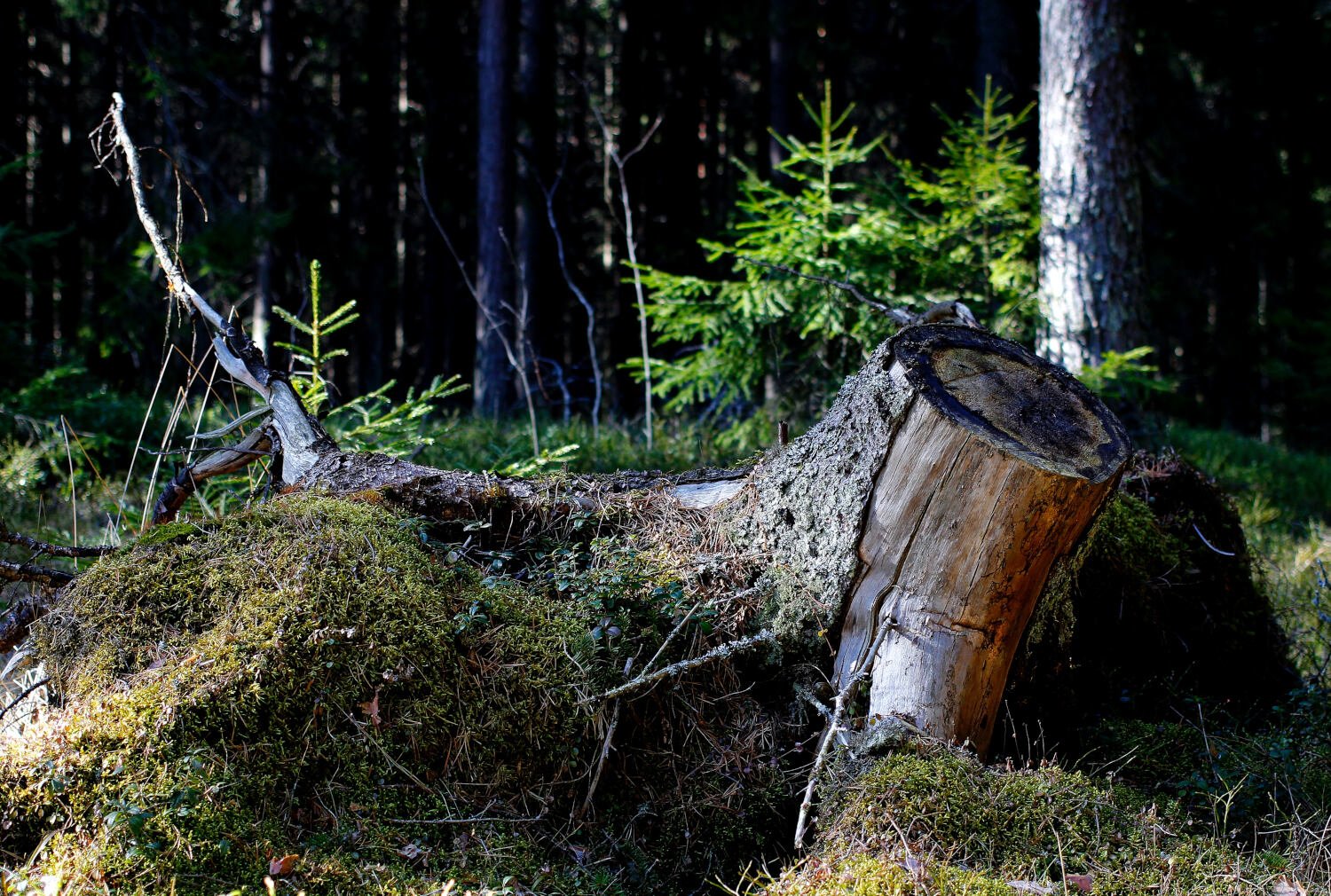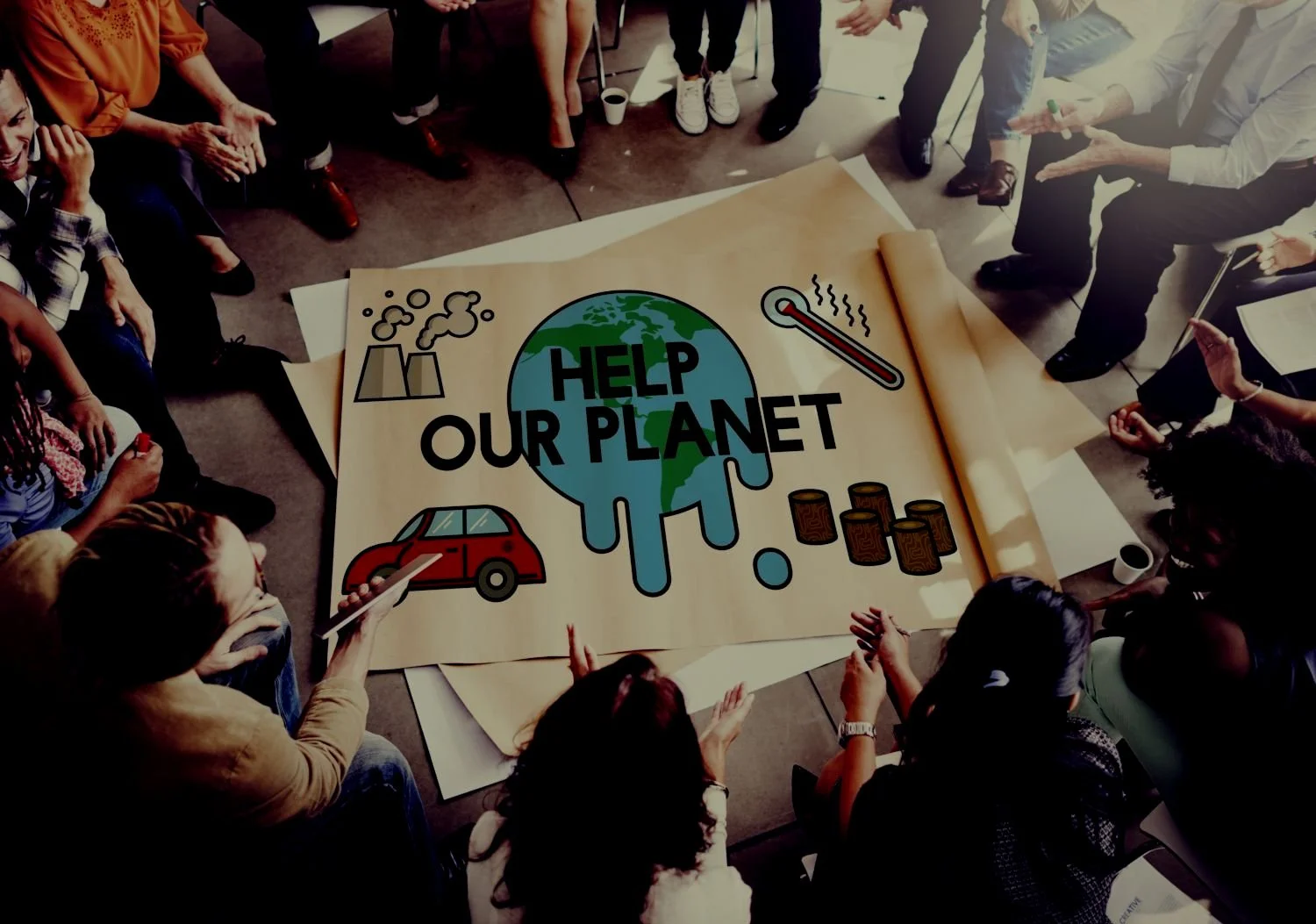What are carbon sources & carbon sinks?
Carbon is the fourth most abundant element in the universe by mass and forms the building blocks of life. Hence, we are called carbon-based life forms. Carbon is all around us and based on the way the carbon molecules arrange themselves they form different things from graphite to diamonds. Carbon in itself is essential for life, but when concentrations in our atmosphere and oceans increase, it starts to cause problems. Carbon keeps circulating between carbon sources and carbon sinks.
Carbon source: Any process or activity that produces more carbon dioxide than it absorbs as a byproduct is termed a carbon source. Humans are also considered carbon sources as we produce carbon dioxide during respiration. Other sources that emit CO₂ in higher concentrations are cars, conventional power plants, forest fires etc.
Carbon sink: In contrast, a carbon sink is a body that absorbs and traps more carbon dioxide than it releases. Plants are essential natural carbon sinks that can trap atmospheric carbon dioxide as a result of photosynthesis. Forests, oceans and bogs are large natural carbon sinks that continually absorb enormous amounts of carbon from the atmosphere as a part of carbon cycles.
LEARN MORE
Check our sources: Bibliography →













